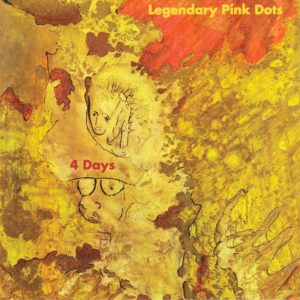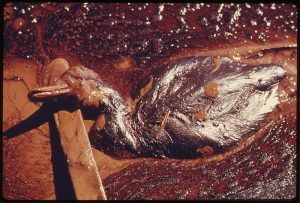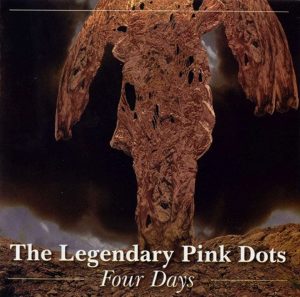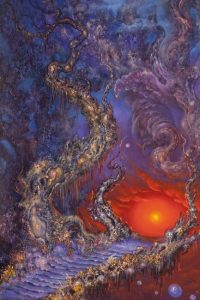
Edward Ka-Spel
Album: Prints of Darkness
Category: Experimental / Electronic / Rock
Label: Self-released
Release Date: 2021-03-05
Across four decades fronting The Legendary Pink Dots, as a solo artist, and numerous projects that have encompassed virtually all forms of underground experimental music, one should know what to expect from an Edward Ka-Spel album. With the global pandemic serving as a backdrop of lyrical and tonal inspiration, Prints of Darkness certainly meets these expectations as an almost orchestrally crafted blend of psychedelic space rock, coldly ambient electronic textures, and a small helping of industrial noise that thankfully does not intrude on the melodic songwriting. Not that Ka-Spel needs such abrasive elements as even in his most tuneful and inviting moments, he manages to instill a sense of urgency, the music all the while taking some occasionally radical turns; of course, this may not be surprising given the compound nature of certain tracks.
For example, the opener begins with the whimsical, almost vaudevillian “Destiny’s Casino,” Ka-Spel’s voice emotive and hypnotic, transitioning smoothly into the pensive serenity of “Afternoon Delight,” in which an almost dreamy ‘60s pop vibe underscores the gritty whispers of “Everything is perfect.” Similarly, the rhythmic immediacy of the synth arpeggios in “All at Sea” is certainly engaging, Ka-Spel’s voice sampled into a bubbly and bouncy counterpoint that is somehow evocative of David Bowie during his ‘90s flirtations with contemporary electronica and industrial, the track seamlessly entering the piano nocturne of “Magic Finger,” the pitch-manipulated repetitions of “Eenie-meenie-miney-moe, who will be the first to go” making for one of the record’s truly nightmarish moments, lovely yet menacing in its simplicity.
Certain moments on Prints of Darkness seem atypically topical for Ka-Spel, with the almost exhausted and exasperated tone of his voice on “Not Going Out” befitting the title, as if to convey the disappointment and despair of isolation, set paradoxically to a somewhat jaunty concoction of acoustic guitar, piano, flutes, and rolling bass-laden electronics. The same can be said of the pseudo sociopolitical paranoia of the lyrics in “The Cruelest Conspiracy / Nanny State,” while the ascending phrases of “Spiky Spheres” set to vibrant synths and distorted lead passages act almost as a mantra. But some of the album’s best material comes from standalone tracks like “Mood For Today” with its lovely ambience and energetic IDM beat somehow reminiscent of the adventurous sounds of early Peter Gabriel, or the groovy funk-laden guitars and bass progressions amid almost tribal Brit-hop beats akin to a Guy Ritchie movie on “How to Suck Seed,” the staccato keyboard/sampled guitar solo delightful in its joviality.
Even as we end in a somewhat processional manner with lines like “Don’t blame me” and “It’s your fault” echoing into the sonic miasma, the impression Prints of Darkness leaves is not solely one of sullen defeat. Just as his style blends seemingly disparate genres, so too are Ka-Spel’s lyrical moods and expressions – joy, sorrow, confusion, rage, and all points in between are presented in his usual artful manner, making for a listening experience that can be at times uneven, but again, nothing we’ve not learned to admire in Edward Ka-Spel’s work thus far.
Track list:
Destiny’s Casino / Afternoon Delight
This Is the Place
Mood For Today
The Cruelest Conspiracy / Nanny State
Not Going Out
All at Sea / Magic Finger
How to Suck Seed
Sea Dog
Spiky Spheres
The Persuader / The Hardest Word
by Ilker Yücel (Ilker81x)
Source: Regenmag.com



 The always clever and mind expanding Legendary Pink Dots return once more with new album ‘Angel In The Detail’ and it is a blinder.The Legendary Pink Dots exist outside of the defined mainstream and are a band treasured by many, though perhaps nowhere near as many as they deserve. It is therefore my job as reviewer to try and convince the uninitiated that they should give this album a thoroughly good spin. So how shall I hook you dear reader? Well, imagine a trippy and eclectic collision between Bowie at his most experimental, Pink Floyd at their most atmospheric and throw in oodles of prog and electronica, are you intrigued yet?
The always clever and mind expanding Legendary Pink Dots return once more with new album ‘Angel In The Detail’ and it is a blinder.The Legendary Pink Dots exist outside of the defined mainstream and are a band treasured by many, though perhaps nowhere near as many as they deserve. It is therefore my job as reviewer to try and convince the uninitiated that they should give this album a thoroughly good spin. So how shall I hook you dear reader? Well, imagine a trippy and eclectic collision between Bowie at his most experimental, Pink Floyd at their most atmospheric and throw in oodles of prog and electronica, are you intrigued yet?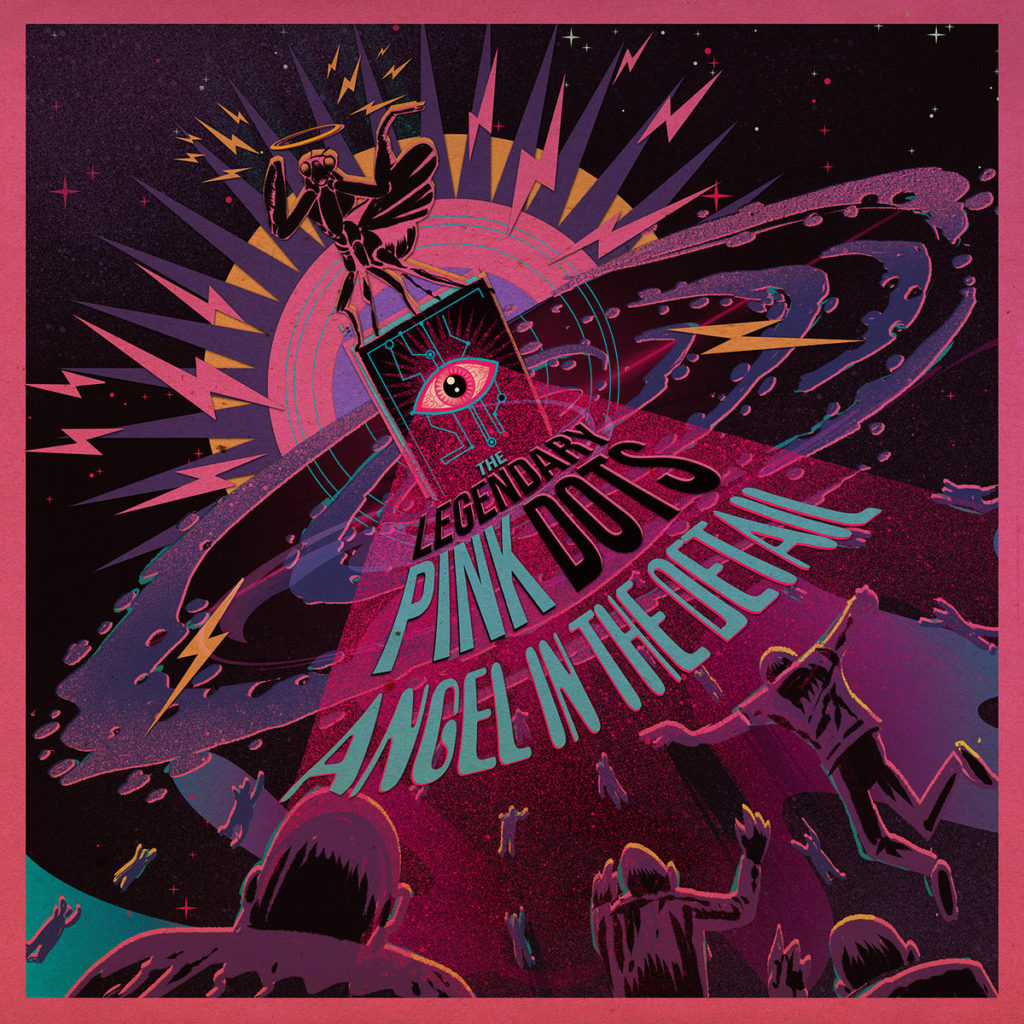
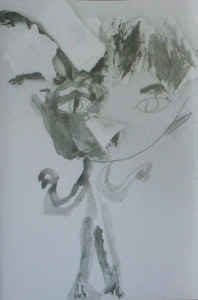 Background/Info: Edward Ka-Spel is an artist of many talents, but first of all a real veteran from the
Background/Info: Edward Ka-Spel is an artist of many talents, but first of all a real veteran from the 
